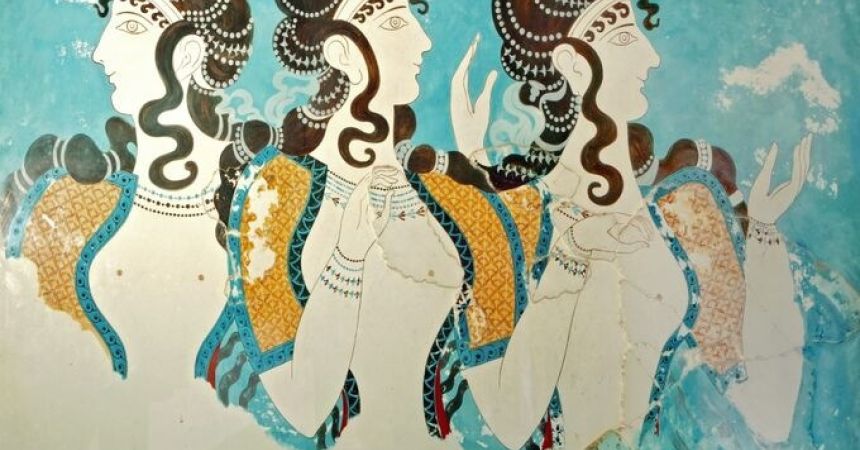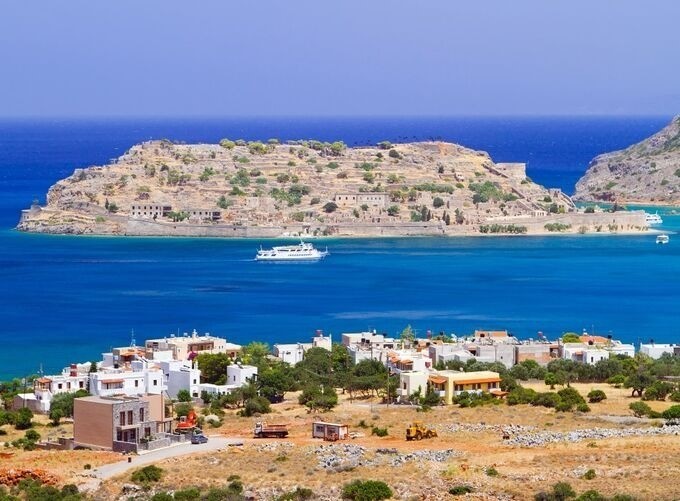
Discover Greece Jewish Heritage History Sites And Culture
Greece is best known for its ancient temples and island beauty, but it also holds one of Europe’s oldest and most fascinating Jewish histories. Jewish communities have lived in Greece for over 2,000 years, shaping trade, culture, education, and city life across the country.
Today, travelers can explore synagogues, museums, cemeteries, and historic neighborhoods that tell powerful stories of resilience and cultural exchange. Visiting these sites adds depth to any Greece travel itinerary and enriches sightseeing experiences for history lovers, families, and even couples seeking meaningful honeymoon vacation journeys.
A Brief History of Jews in Greece
Greek Jewish history includes three main communities:
- Romaniote Jews – among Europe’s oldest Jewish groups, dating back to ancient times
- Sephardic Jews – who arrived after 1492 from Spain, mainly settling in Thessaloniki
- Ashkenazi Jews – who arrived later from Central Europe
Before World War II, Greece had vibrant Jewish populations, particularly in Thessaloniki, often called the “Jerusalem of the Balkans.” Although the Holocaust tragically reduced these communities, their heritage remains deeply rooted in Greek culture.
Thessaloniki: The Heart of Jewish Greece
Thessaloniki is the most important destination for exploring Greece’s Jewish heritage.
Key highlights include:
- Jewish Museum of Thessaloniki – documents centuries of community life
- Monastirioton Synagogue – an active place of worship
- Old Jewish Cemetery Memorial – honoring Holocaust victims
- Ladadika District – historic Jewish commercial area
Many cultural travel packages include Thessaloniki for guided heritage tours and educational sightseeing.
Athens: Synagogues and Museums
Athens also plays an important role in Jewish history.
Must-visit sites include:
- Etz Hayyim Synagogue – traditional Romaniote synagogue
- Beth Shalom Synagogue – modern Sephardic synagogue
- Jewish Museum of Greece – located in Plaka, near the Acropolis
These landmarks are easily added to city sightseeing tours and cultural holiday itineraries.
Jewish Heritage in the Greek Islands
Several islands preserve important Jewish history:
Rhodes
Home to the beautifully restored Kahal Shalom Synagogue, one of Europe’s oldest functioning synagogues, located in the medieval Old Town.
Corfu
Features a historic synagogue, Jewish cemetery, and moving Holocaust memorial.
Crete (Chania)
The Etz Hayyim Synagogue was restored after decades of abandonment and now serves as both a museum and active synagogue.
These destinations are frequently included in island-hopping travel packages and heritage-focused tours.
Jewish Cemeteries and Memorials
Throughout Greece, Jewish cemeteries and Holocaust memorials honor lost communities. Visiting these sites provides powerful insight into 20th-century history and the strength of Greek Jewish identity.
Notable locations include:
- Thessaloniki Holocaust Memorial
- Athens Holocaust Memorial
- Ioannina Jewish Cemetery
They are often part of guided historical tours and educational sightseeing programs.
Why Explore Jewish Heritage in Greece?
Greece Jewish heritage tourism offers:
- Deeper cultural understanding
- Educational value for families
- Meaningful travel experiences
- Unique sightseeing opportunities
- Emotional historical connection
Many travelers now choose themed travel packages that combine Jewish heritage, classical Greek history, and leisure vacations.
Combining Heritage Travel with Leisure
Greece makes it easy to blend heritage exploration with relaxation.
Typical itineraries include:
- Athens + Thessaloniki cultural tours
- Rhodes or Corfu island holidays with synagogue visits
- Crete cultural travel combined with beach vacations
Couples can even include heritage destinations as part of a thoughtful and unique honeymoon vacation itinerary.
Practical Tips for Jewish Heritage Travel
- Check synagogue visiting hours in advance
- Dress modestly when entering religious sites
- Consider local guides for deeper understanding
- Combine sites with nearby attractions to maximize sightseeing
- Book heritage tours early during peak seasons
Many agencies now offer specialized packages focusing on Jewish history in Greece.
Final Thoughts
Greece’s Jewish heritage adds an essential chapter to the country’s story. From ancient Romaniote traditions to Sephardic culture and modern remembrance, these sites reveal a side of Greece often overlooked by typical tourists.
Whether you are passionate about history, planning cultural travel, or seeking meaningful experiences during your holiday or honeymoon vacation, exploring Jewish heritage in Greece will leave a lasting impression.

Frequently Asked Questions
- Where is the largest Jewish heritage site in Greece?
Thessaloniki holds the most significant Jewish heritage, including museums, synagogues, memorials, and historic neighborhoods reflecting centuries of Jewish life.
- Are Jewish heritage tours available in Greece?
Yes, many agencies offer specialized tours and cultural travel packages focusing on Jewish history in Athens, Thessaloniki, Rhodes, Corfu, and Crete.
- Can Jewish heritage sites be included in regular sightseeing itineraries?
Absolutely. Most heritage landmarks are located near major attractions, making them easy to include within city sightseeing tours and vacation schedules.
- Is Greece safe and welcoming for Jewish travelers?
Yes, Greece is generally safe and respectful, with active Jewish communities, protected heritage sites, and welcoming attitudes toward cultural tourism.
- Is Jewish heritage travel suitable for honeymoon vacations?
Yes, couples seeking meaningful experiences can include heritage destinations alongside romantic islands, cultural cities, and relaxing beach resorts in honeymoon vacation plans.



